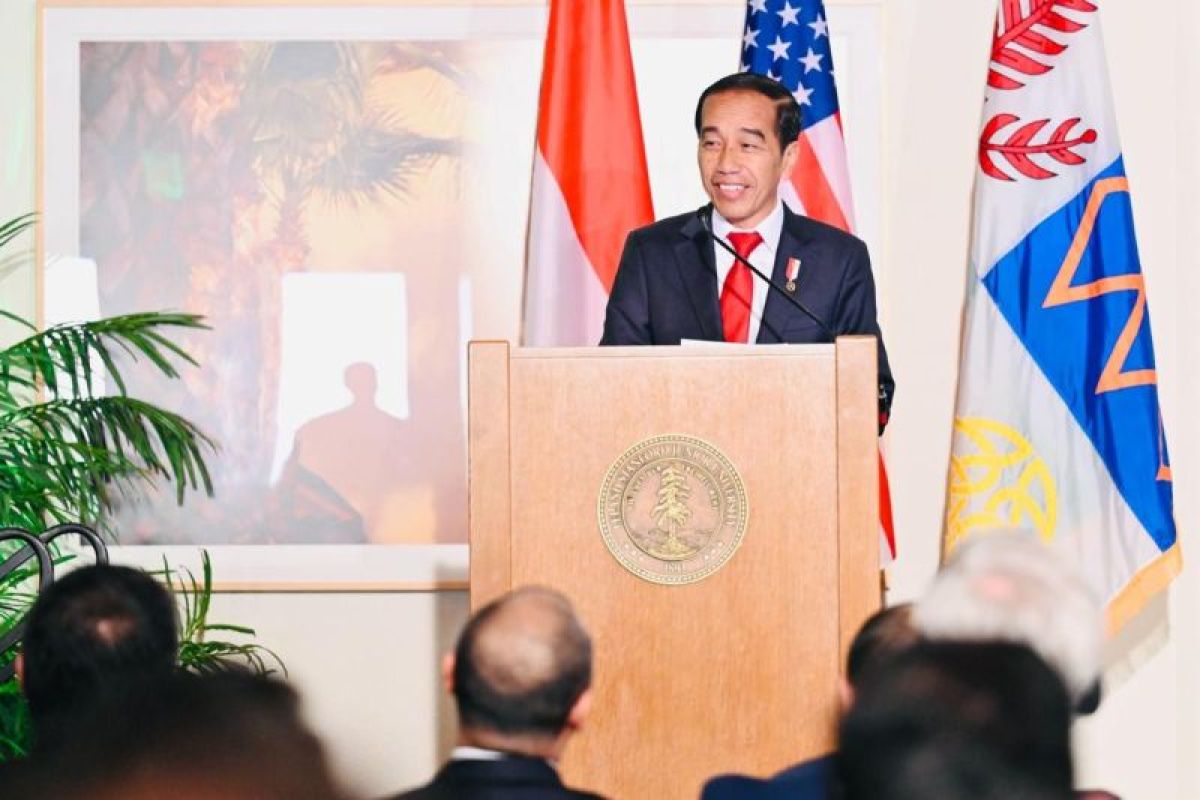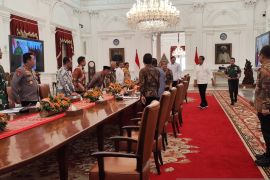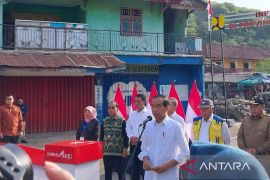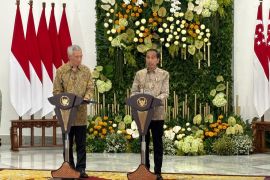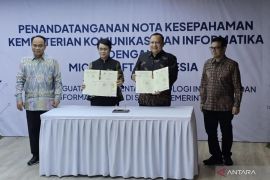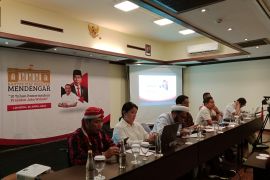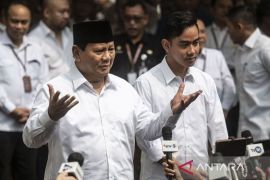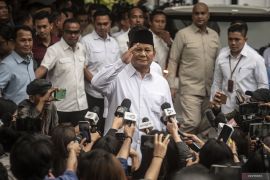"Without them, it is impossible for us to guarantee sustainability and the one and only Earth that we love," Jokowi noted in his public lecture at Stanford University, San Francisco, the US, on Wednesday, as quoted from a written statement of the Press Bureau of the Presidential Secretariat on Thursday.
According to the president, Indonesia has taken on a role and has been committed to addressing climate change and carrying out an energy transition program, as the country has reduced 91.5 million tons of emissions.
In addition, Indonesia's deforestation rate as of 2022 was reduced to 104 thousand hectares, 77 thousand hectares of forest areas were rehabilitated, and 34 thousand hectares of mangrove forests were restored in just one year.
"For Indonesia, there is no need to doubt, and there is no need to question our commitment. Indonesia walks the talk, not talks the talk," the president affirmed.
Nevertheless, he noted that currently, there are still big challenges for Indonesia and other developing countries to carry out energy transition, especially in terms of technology transfer and funding.
"To this end, Indonesia wants to ensure that the energy transition also produces energy that is affordable for the community," he stated.
Related news: Indonesia stresses climate change commitment during meeting with WB
President Jokowi assessed that climate funding that should be provided to developing countries to implement energy transition should be more constructive in nature and not just burden them as debt.
"So far, climate funding is still business as usual, still like commercial banks. In fact, it should be more constructive, not in the form of debt that will only increase the burden of poor countries and developing countries," he emphasized.
On that occasion, the president also outlined several efforts that Indonesia had made to carry out energy transition.
He highlighted that one of the efforts is the construction of the recently inaugurated Cirata floating solar power plant in West Java.
"This is the largest one in Southeast Asia, a solar power plant with a capacity of 192 megawatts that we have just inaugurated," he remarked
Going forward, he said, Indonesia will continue to make similar efforts to protect the environment and carry out energy transition, as will be implemented in the new capital city Nusantara.
The new capital is designed as a forest-based smart city that will later use green energy from the sun and water.
"The first thing we built when we were going to construct the Nusantara capital city was a nursery center, a botanical center with a capacity of 15 million tree seedlings per year, which we will plant every year in the Nusantara capital city and on Kalimantan island," he remarked.
The president stated that it would be a good idea if students of Stanford University could visit Nusantara and see firsthand the process and development of the construction there.
"Maybe you can do a quick research there and learn about the sustainability side of building a green city," Jokowi remarked.
Related news: Indonesia launches carbon exchange IDXCarbon
Related news: Indonesia's BMKG warns countries about real threat of climate change
Translator: Yashinta Difa. Raka Adji
Editor: Yuni Arisandy Sinaga
Copyright © ANTARA 2023
